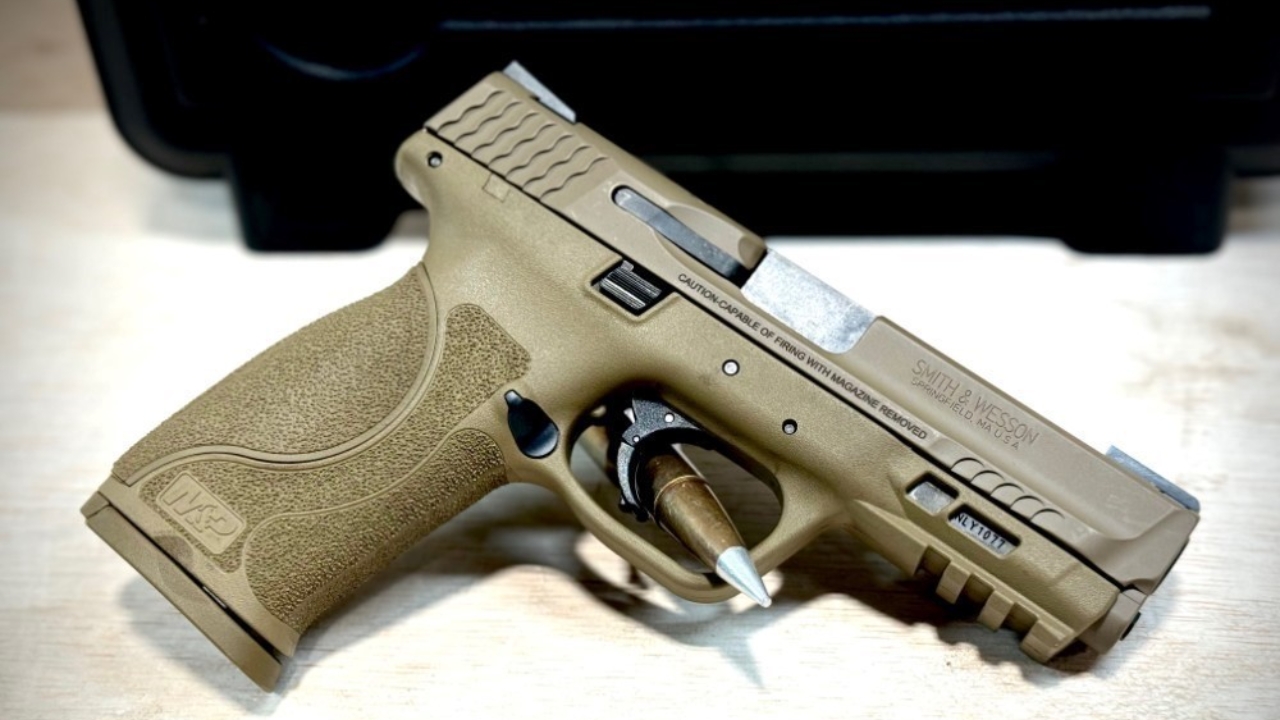Picking a concealed carry gun isn’t just about grabbing whatever looks good at the gun shop. It’s a decision that affects your comfort, confidence, and ability to defend yourself if the need ever arises. The wrong choice can mean a gun that’s too bulky to carry, too snappy to shoot, or too unreliable to trust when it matters most.
There’s no one-size-fits-all answer. The best concealed carry gun is the one you’ll actually carry, shoot well, and trust to function when you need it. That means considering everything from budget to comfort to reliability. Whether you’re new to concealed carry or refining your setup, these key factors will help you make a smart, informed choice.
BUDGET

It’s easy to get caught up in the excitement of picking a concealed carry gun, but your budget isn’t just about the gun itself. There are other costs that add up fast—holsters, extra magazines, ammo, cleaning supplies, and even training.
And let’s not forget storage. If you have kids in the house, you’ll need a safe way to secure your firearm. Also, depending on your state, permits and training courses can be pricey. The bottom line? Plan for everything, not just the gun. A reliable firearm is an investment, but it doesn’t have to drain your wallet.
Will You Actually Carry It Every Day?

A gun that stays in your safe isn’t doing you any good. If carrying your firearm feels like a hassle, chances are you’ll leave it behind more often than not. That’s why you need to choose something that fits your lifestyle.
Think about how you dress, where you work, and what’s comfortable for you. Will you carry inside the waistband, in your pocket, on your ankle? Weight and size matter—heavier guns can get uncomfortable fast. Before you commit, try on different holsters at a shop. If it’s awkward or bulky, you’ll probably avoid carrying it. And that defeats the whole purpose.
Can You Actually Shoot It Well?

A gun is only as good as the person shooting it. If you can’t shoot it accurately, it’s the wrong gun for you—plain and simple. The best way to figure this out is to head to the range and try it out.
If your shots are all over the place, that gun might not be a great fit. Maybe the recoil is too much, or the grip doesn’t feel right. Either way, don’t force it—go for something you can shoot well, even under stress.
Caliber and Capacity

Some people get obsessed with caliber size, but shot placement matters way more than the size of the bullet. That said, you want something powerful enough to do the job while still being easy to control.
A bigger caliber usually means fewer rounds in the magazine and more recoil. If you can handle it, great—but don’t underestimate the value of extra capacity. Most people stick with common calibers like .380 ACP, 9mm, or .45 ACP. They’re easy to find, relatively affordable, and proven to work. Find what you can shoot well, and don’t overthink it.
Comfort and Concealability

If your concealed carry gun isn’t comfortable, you’ll find excuses not to carry it. A gun that digs into your side, prints through your shirt, or feels too bulky will quickly get left at home.
Consider both weight and size. A full-size handgun might shoot like a dream, but if it’s hard to conceal or drags down your belt, it’s not ideal for everyday carry. Compact and subcompact options strike a good balance, but be sure to test how they feel in a holster. The easier it is to carry, the more likely you are to actually carry it.
Trigger and Controls

Not all triggers feel the same. Some are light and crisp, while others are heavy with a long pull. You don’t want surprises when you need to react fast. Find a trigger that’s smooth, predictable, and easy to control.
Also, think about the controls—safety, magazine release, slide stop. Can you operate everything quickly and without fumbling? If you have to stop and think about how to run your gun, it’s not the right one. Muscle memory matters, and a gun that’s intuitive to use will serve you much better in a high-stress situation.
Reliability

A concealed carry gun isn’t a range toy—it’s a tool you’re trusting with your life. That means reliability is non-negotiable. If a gun is known for frequent malfunctions or finicky ammo preferences, move on.
Stick with proven brands that have a strong reputation for reliability. Read reviews, watch real-world tests, and—most importantly—put rounds through it yourself. If it can’t fire through a few hundred rounds without an issue, it’s not the gun you want to bet your safety on.
Recoil Management

A gun that’s hard to control under stress isn’t a good choice for concealed carry. Recoil can slow down follow-up shots and make accuracy suffer, especially in a high-pressure situation.
Larger calibers and smaller guns tend to have more recoil. A compact .45 ACP might sound like a good idea, but if it jumps in your hand and makes fast, accurate shots difficult, it’s not the best option. Try different calibers at the range and see what you can control well. A softer-shooting 9mm that you can fire accurately is a better choice than a powerful round you struggle with.
Training and Practice

Owning a concealed carry gun isn’t just about picking the right one—it’s about knowing how to use it effectively. If you’re not willing to train, even the best firearm won’t help you in a crisis.
Commit to regular practice. Dry fire at home, run drills at the range, and take a defensive shooting course if you can. A little training goes a long way in building confidence and muscle memory. The more familiar you are with your firearm, the better prepared you’ll be if you ever need it.
*This article was created with the assistance of AI.






